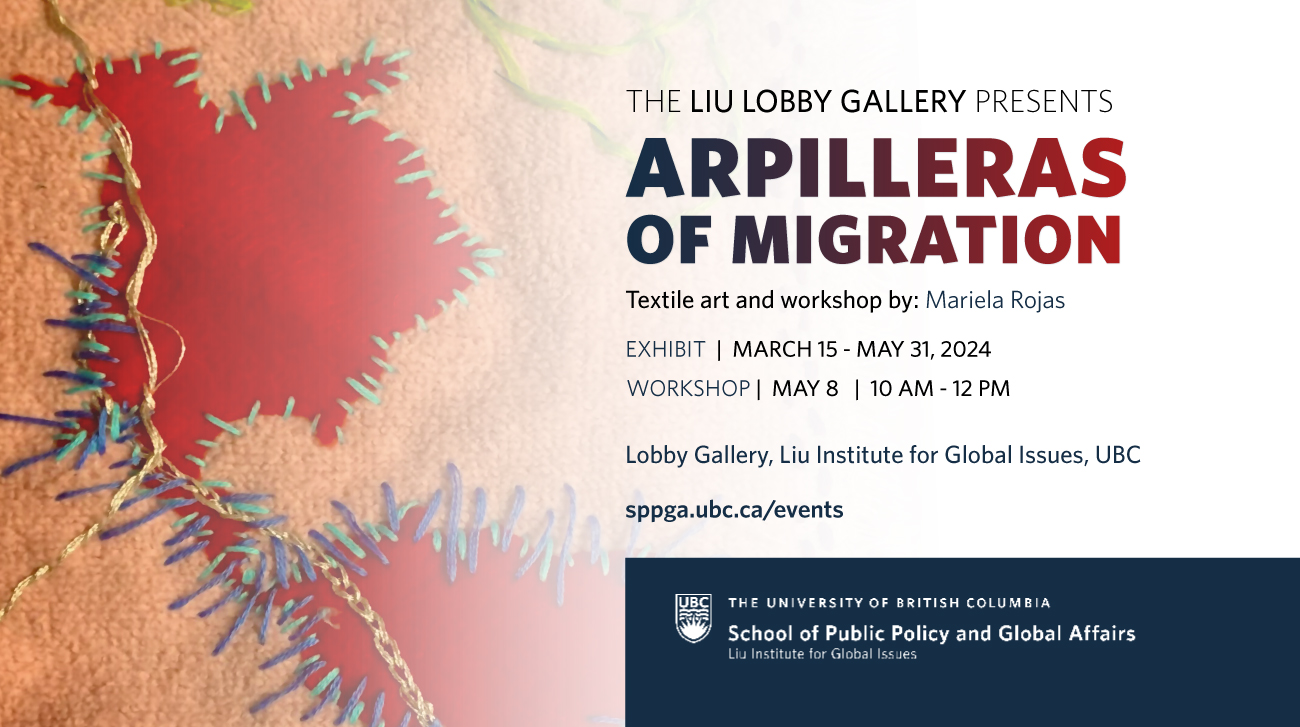Abstract
This research project investigates how Japanese grassroots women’s organizations are contributing to disaster recovery and reconstruction in Japan. As a global leader in disaster planning and mitigation, Japan’s state of the art earthquake and tsunami preparation guidelines are disseminated around the world as best practices. In spite of Japan’s long history and proficiency in dealing with natural hazards, however, there are also recurring inadequacies. While heavy emphasis is placed on early warning systems and public infrastructure, the vulnerabilities and capacities of socially marginal groups (such as immigrants, elderly, small children, LGBTQ, diverse women, and others), are often overlooked and unincorporated into the disaster planning process. Immediately after the 2011 Great East Japan Earthquake and Tsunami, women from the affected region of Tohoku and elsewhere in Japan, recognized the need to reconfigure disaster recovery to better support women and minorities, and an array of women-led grassroots NGOs took action in the region. This research project is the first attempt to gather detailed information on how Tohoku women’s groups emerged, what constraints and challenges they face, and how their activities impact and are impacted by local community conditions in which they operate. The study is undertaken with the belief that local women’s knowledge plays a vital role in assessing and addressing the needs of marginalized people in rural post-disaster communities, and that the explicit incorporation of this knowledge into all phases of disaster (planning, preparedness, response, and recovery) may improve the outcomes for future disaster mitigation.
Resilience in the Margins: Grassroots Women’s NGOs, Feminist Expertise, and a New Paradigm for Japanese Post-Disaster Reconstruction (JR Lunchtime Lecture Series)
DATE
TIME
12:30 PM - 1:30 PM
